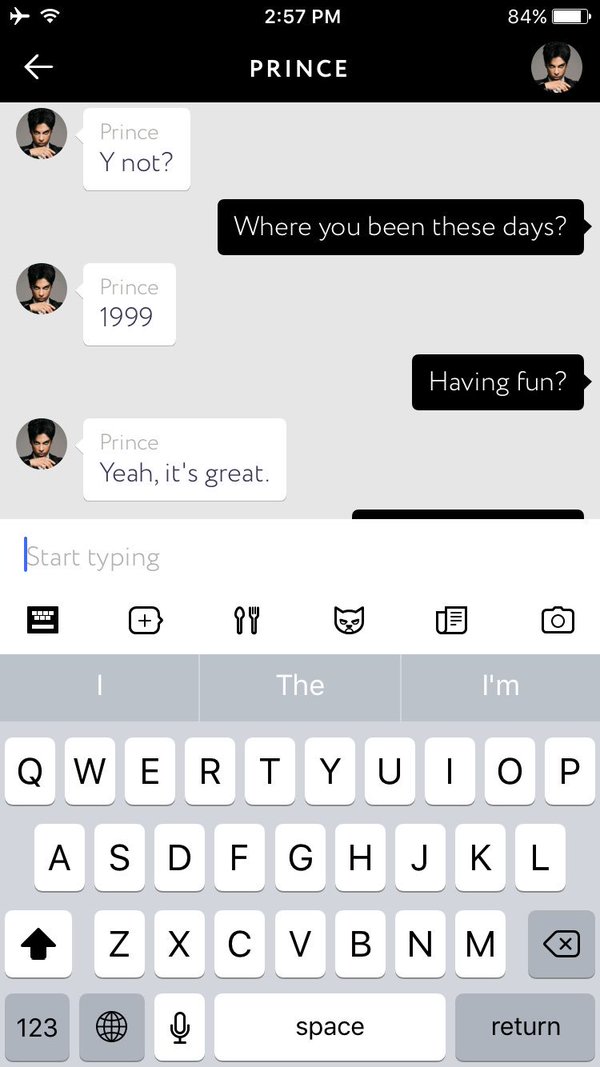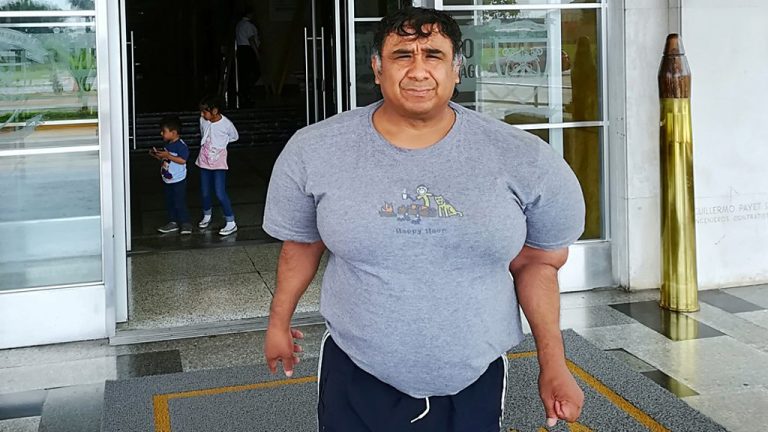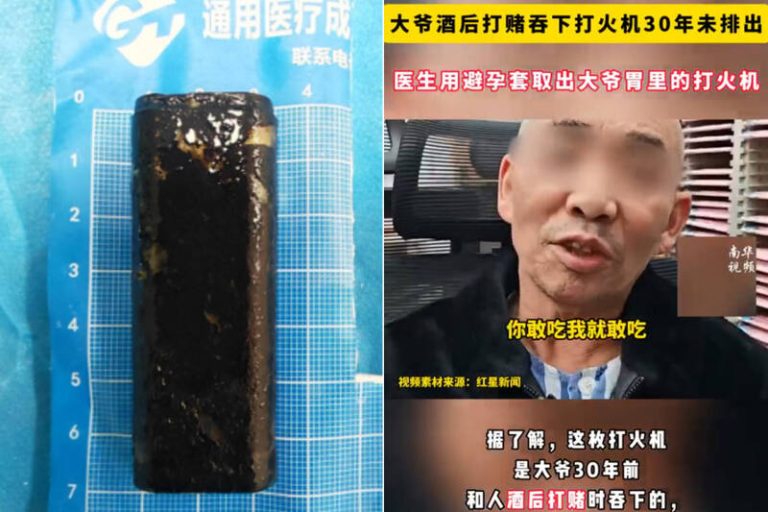It’s hard to let go of loved ones, especially when they pass away suddenly. But thanks to rapidly evolving artificial intelligence, you soon may not have to let go. Well, not completely, anyway. Case in point, Eugenia Kuyda, the co-founder and CEO of a Russian artificial intelligence startup called Luka Inc, who recently brought her best friend back to life as an AI chatbot.
Kuyda lost her best friend, fellow tech entrepreneur Roman Mazurenko, in November 2015, but just three months after his tragic car accident, she sent the first text message to his AI personality, Roman. With no grave to visit, because he had been cremated, the young programmer, decided to use every digital memory of him, including photos, news articles and thousands of SMS text messages he had sent to her over the years, and feed them into a neural network to create an AI chatbot that many of those who knew Roman say sounds just like him.
“It was the first death for me. I didn’t know how to react, so as soon as I could I shoved everything as deep inside as possible and tried not to feel anything. Half a year later I can say that it doesn’t go away. In the last couple of months our team at Luka managed to build a dialogue model using smaller datasets on top of a neural net. I put together all texts we sent each other, photos, articles about him and we built a Roman AI,” Kuyda wrote in a Facebook post. “You can text with him about his life or just chat like you normally would – he will reply like Roman would have.”

Anyone who downloads the iOS mobile app Luka can chat to Mazurenko’s digital avatar in either English or Russian, by simply adding @Roman. You can ask him questions to see how he responds, or learn about him in the options menu. A number of anonymous message threads shared with The Verge by friends, family, and strangers who have used Luka to chat with the Roman chatbot reveal that his answers are often indistinguishable from those of a real person. Which is what makes ‘him’ kind of controversial.
Many of Mazurenko’s friends have tried chatting with Kuyda’s AI creation and reported that he sounds unnervingly like him. Some find the chatbot therapeutic, while others describe it as creepy and unnnatural. Even Roman’s parents have different options when it comes to the AI avatar. Her mother declared herself lucky to have such technology available, adding that by reading his responses to questions, she feels like she is learning more about her child. His father, on the other hand, finds it hard to talk to a computer program that sometimes sounds so much like his son most of the time, but sometimes answers incorrectly and reminds him that he is truly gone.
@Roman’s creator, Eugenia Kuyda, says that she continues to talk to the bot herself, as a way of dealing with the pain. “All those messages were about love, or telling him something they never had time to tell him. Even if it’s not a real person, there was a place where they could say it. They can say it when they feel lonely. And they come back still,” she said. “[I’m] just sending a message to heaven. For me it’s more about sending a message in a bottle than getting one in return.”
Sources: The Verge, International Business Times












